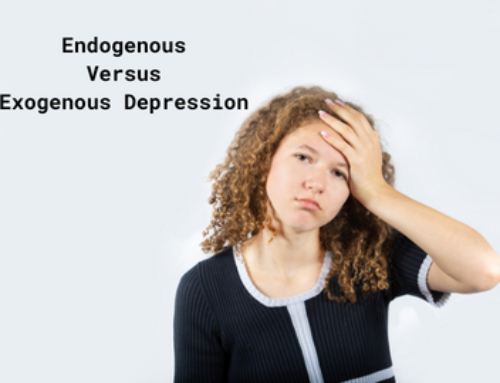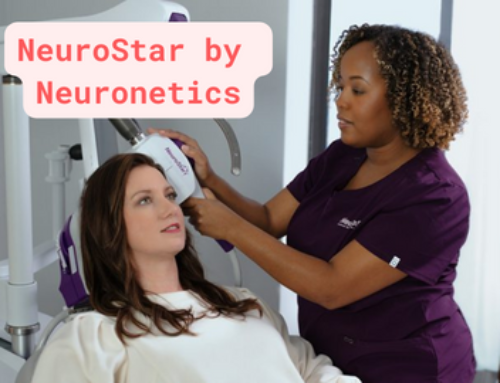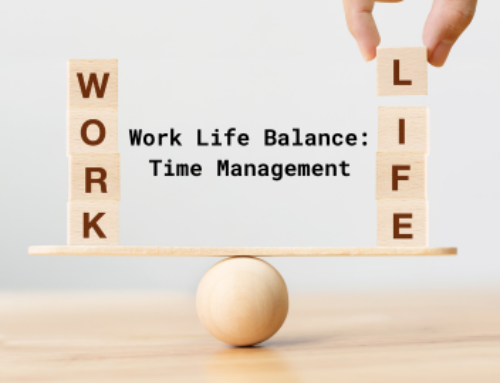Are MDD and Our Genes Linked?
What kind of influence do genes have on occurrences of major depressive disorder (MDD)? How do we figure out the links and how do we adapt our treatments to best help patients?
First, we have to acknowledge the base question that this, and many other investigations into the causes of mental health issues, comes down to: Nature versus nurture. Biology versus environment. Hardwired—or acquired? What about both?
Environmental Factors
It is strongly believed that environment plays a large part in mental development, particularly in childhood. A negative environment in one’s formative years greatly affects the development of one’s neural pathways, processing of stimuli, and thought patterns. It may be that environmental factors like medical or recreational substance abuse can even alter one’s genetic makeup. It is already accepted that some physical ailments, like cystic fibrosis, are linked to genetics.
How Data Is Collected
To understand how the search for an answer to the genetic question is being conducted, let’s look at research methods.
One of the best ways to study heredity is to study sets of twins. According to research collected by Meridien, if one identical twin has depression, the other has a shocking 70% chance of having depression at some point in their life. Heritability is also high, though the numbers are not conclusive yet, for fraternal versus identical twins. Heredity as also evaluated over a larger sample size, such as “first-degree” relatives, which are parents or siblings.
New Breakthroughs?
To determine anything conclusive, we need to be able to identify gene or gene indicators (a piece of DNA with a certain placement on the chromosome) that are consistent. Gene localization is a lengthy process that is ongoing and unfinished.
The genes being studied the most are involved with multiple processes in the human neurologic system, some being the making and moving of neurotransmitters, chemical combinations that serve as the brain’s messengers.
There is one particularly exciting study being done by a British team on a gene that is a part of chromosome 3p25-26 that shows a strong link to major and reoccurring depressive disorders. We have high hopes for science’s progress in showing us more and better ways we can help our patients.
Help for Nature and Nurture
At Rochester Holistic Psychiatry, we are offering remote and in-person services. One service we offer is TMS, or transcranial magnetic stimulation, a non-invasive neuromodulation technique approved by the FDA in 2008 to help patients with treatment resistant MDD. If that describes you, ask your general physician and psychiatrist about TMS. Contact us any time with questions about anything that appears on our site, and be safe.





